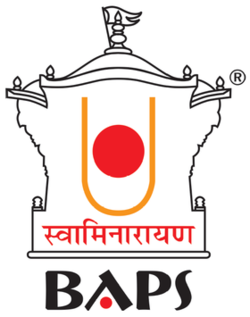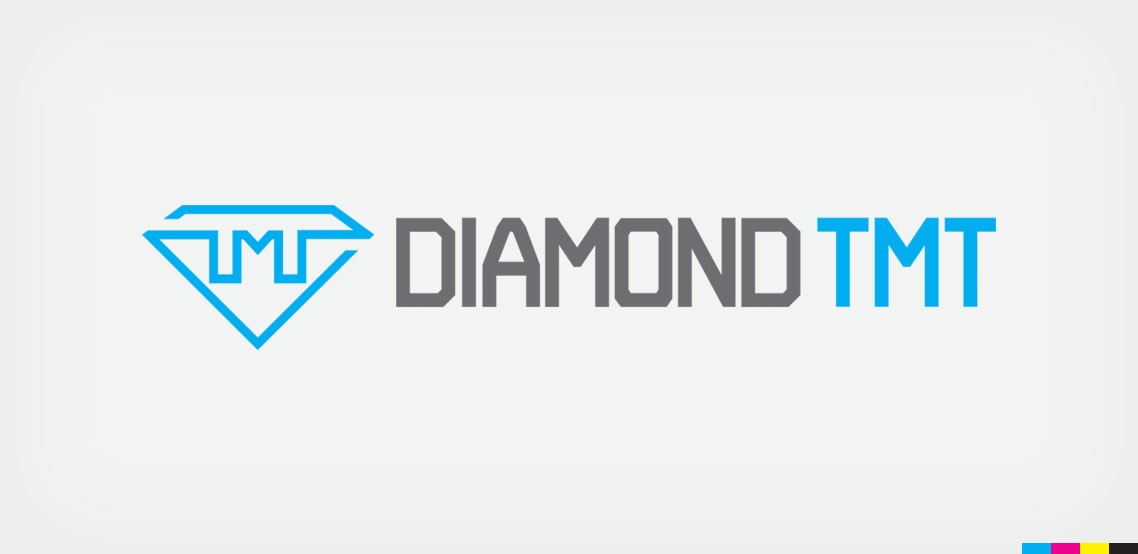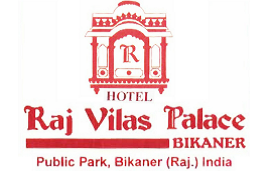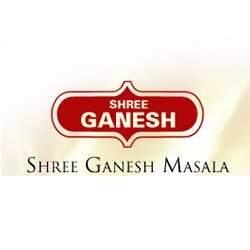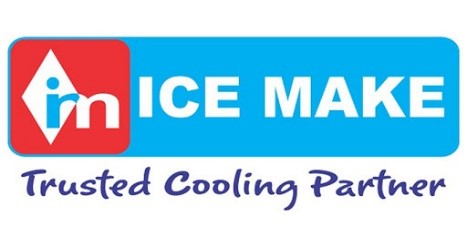Satyam Infoway Ltd vsSiffynet Solutions Pvt. Ltd
Citation: 2004 Supp(2) SCR 465
Decided On: 06.05.2004
Facts of the Case:
The appellant which was incorporated in 1995 registered several domain names like www.sifynet, www.sifymall.com, www.sifyrealestate.com etc. in June 1999 with the internationally recognised Registrars, viz the Internet Corporation for Assigned Names and Numbers (ICANN) and the World Intellectual Property Organisation (WIPO). The word ‘Sify is a coined word which the appellant claims to have invented by using elements of its corporate name, Satyam Infoway. The appellant claims a wide reputation and goodwill in the name ‘Sify”. The respondent started carrying on business of internet marketing under the domain names, www.siffynet,net and www.siffynet.com from 5th June 2001. The respondent claims to have obtained registration of its two domain names with ICANN on 5th June, 2001 and 16th March, 2002 respectively.
When Appellant came to know about the use of Siffyas part of the respondent’s corporate and domain name, the appellant served notice on the respondent to cease and desist from either carrying on business in the name of Siffynet Solutions (P) Ltd. or Siffynet Corporation and to transfer the domain names to the appellant. The respondent refused. The appellant filed a suit in the City Civil Court against the respondent on the basis that the respondent was passing off its business and services by using the appellant’s business name and domain name. An application for temporary injunction was also filed. The City Civil Court Judge allowed the application for temporary injunction on the grounds that the appellant was the prior user of the trade name ‘Sify’, that it had earned good reputation in connection with the internet and computer services under the name ‘Sify’, that the respondent’s domain names were similar to the domain name of the appellant and that confusion would be caused in the mind of the general public by such deceptive similarity. It was also found that the balance of convenience was in favour of granting an injunction in favour of the appellant.
Thereafter, the respondent preferred an appeal before the High Court. The appeal was ultimately allowed by the High Court.It was held that the respondent would be put to great hardship and inconvenience and also irreparable injury in case the injunction order was granted. On the other hand, since the appellant had a separate trade name, namely, Satyam Infoways, no injury or hardship would be caused to the appellant if the order of injunction was not granted.
Issues:
1. Whether domain name can be said to be word or name capable of distinguishing subject of trade or service made available to potential users of internet?
2. Whether principles of trade mark law and in particular, those relating to passing off, apply?
Judgment:
1) The answer to issue no. 1 was in affirmative. The court held that the original role of a domain name was no doubt to provide an address for computers on the internet. But the internet has developed from a mere means of communication to a mode of carrying on commercial activity. With the increase of commercial activity on the internet, a domain name is also used as a business identifier. Therefore, the domain name not only serves as an address for internet communication but also identifies the specific internet site. In the commercial field, each domain name owner provides information/services which are associated with such domain name. Thus, a domain name may pertain to provision of services within the meaning of Section 2 (z) of the Trade Marks Act, 1999. A domain name is easy to remember and use, and is chosen as an instrument of commercial enterprise not only because it facilitates the ability of consumers to navigate the internet to find websites they are looking for, but also at the same time, serves to identify and distinguish the business itself, or its goods or services, and to specify its corresponding online internet location. Whereas a large number of trademarks containing the same name can comfortably co-exist because they are associated with different products, belong to business in different jurisdictions, etc., the distinctive nature of the domain name providing global exclusivity is much sought after. The fact that many consumers searching for a particular site are likely, in the first place, to try and guess its domain name has further enhanced this value”. Hence, a domain name can be said to be a word or name which is capable of distinguishing the subject of trade or service made available to potential users of the internet.
2) The answer to issue no. 2 was in affirmative. The Court held that an action for passing off, as the phrase “passing off” itself suggests, is to restrain the defendant from passing off its goods or services to the public as that of the plaintiff’s. It is an action not only to preserve the reputation of the plaintiff but also to safeguard the public. The defendant must have sold its goods or offered its services in a manner which has deceived or would be likely to deceive the public into thinking that the defendant’s goods or services are the plaintiff’s.
The appellant has been able to establish the goodwill and reputation claimed by it in connection with the trade name ‘Sify’. Apart from the close visual similarity between ‘Sify’ and ‘Siffy’, there is phonetic similarity between the two names. The addition of ‘net’ to ‘Siffy’ does not detract from this similarity. The appellant’s internet based business was, from 1999, high profile. The evident media prominence to ‘SIFY’ and large subscriber base could have left the respondent in no doubt as to its successful existence prior to the adoption of Siffy as part of its corporate name and registration of Siffynet and Siffy.com as its domain names. It would, therefore, appear that the justification followed the choice and that the respondent’s choice of the word “Siffy” was not original but inspired by the appellant’s business name and that the respondent’s explanation for its choice of the word “Siffy” as a corporate and domain name is an invented post-rationalisation.










